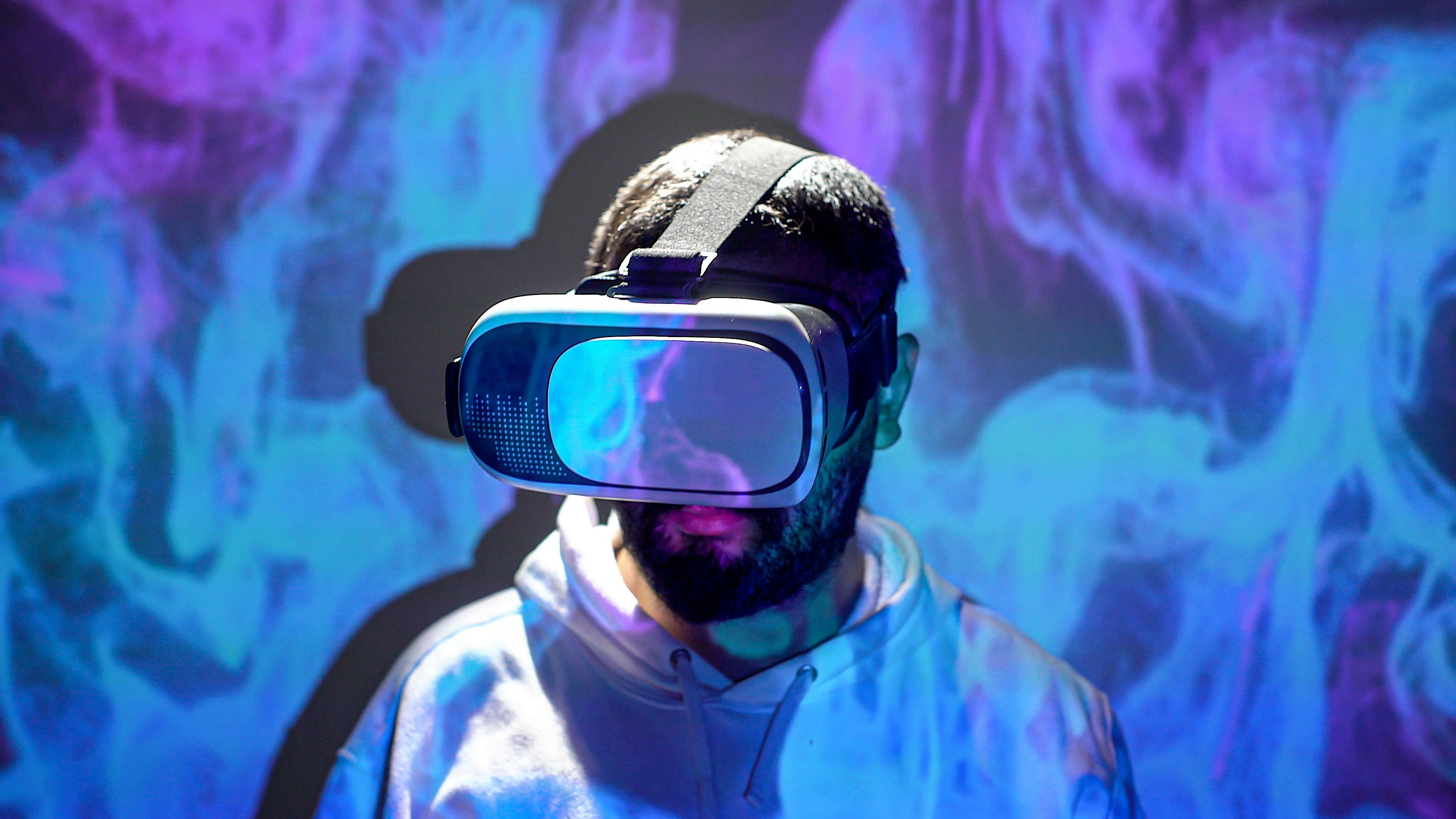560 reads
How the Metaverse will Affect Meetings and Events
by
April 19th, 2022
Audio Presented by
Technology enthusiast with a focus on AI, startups and blockchain, bringing the latest news and insights to readers.
About Author
Technology enthusiast with a focus on AI, startups and blockchain, bringing the latest news and insights to readers.
